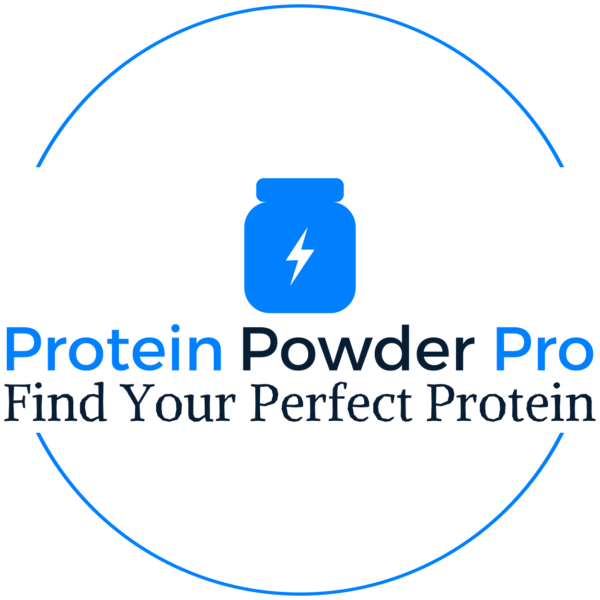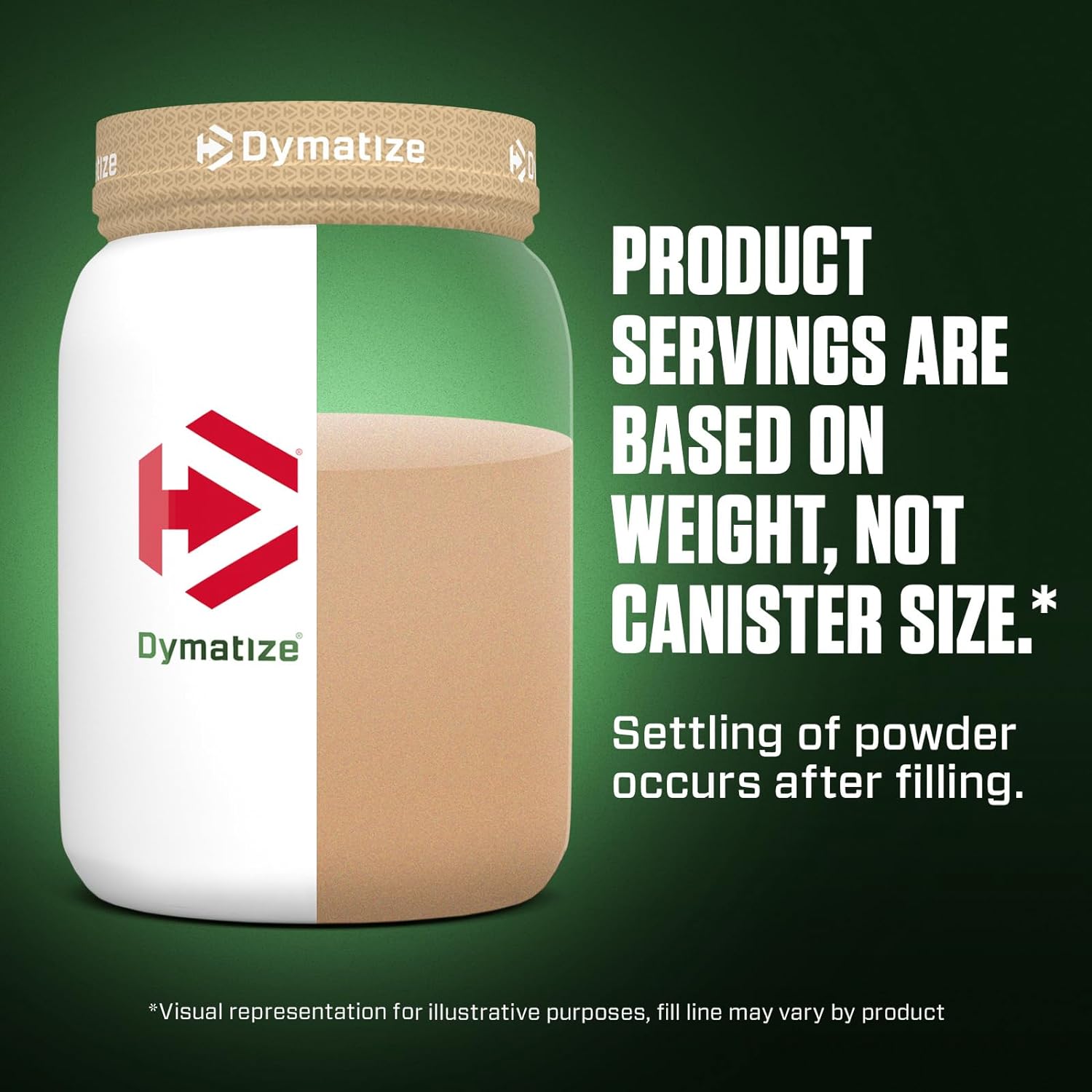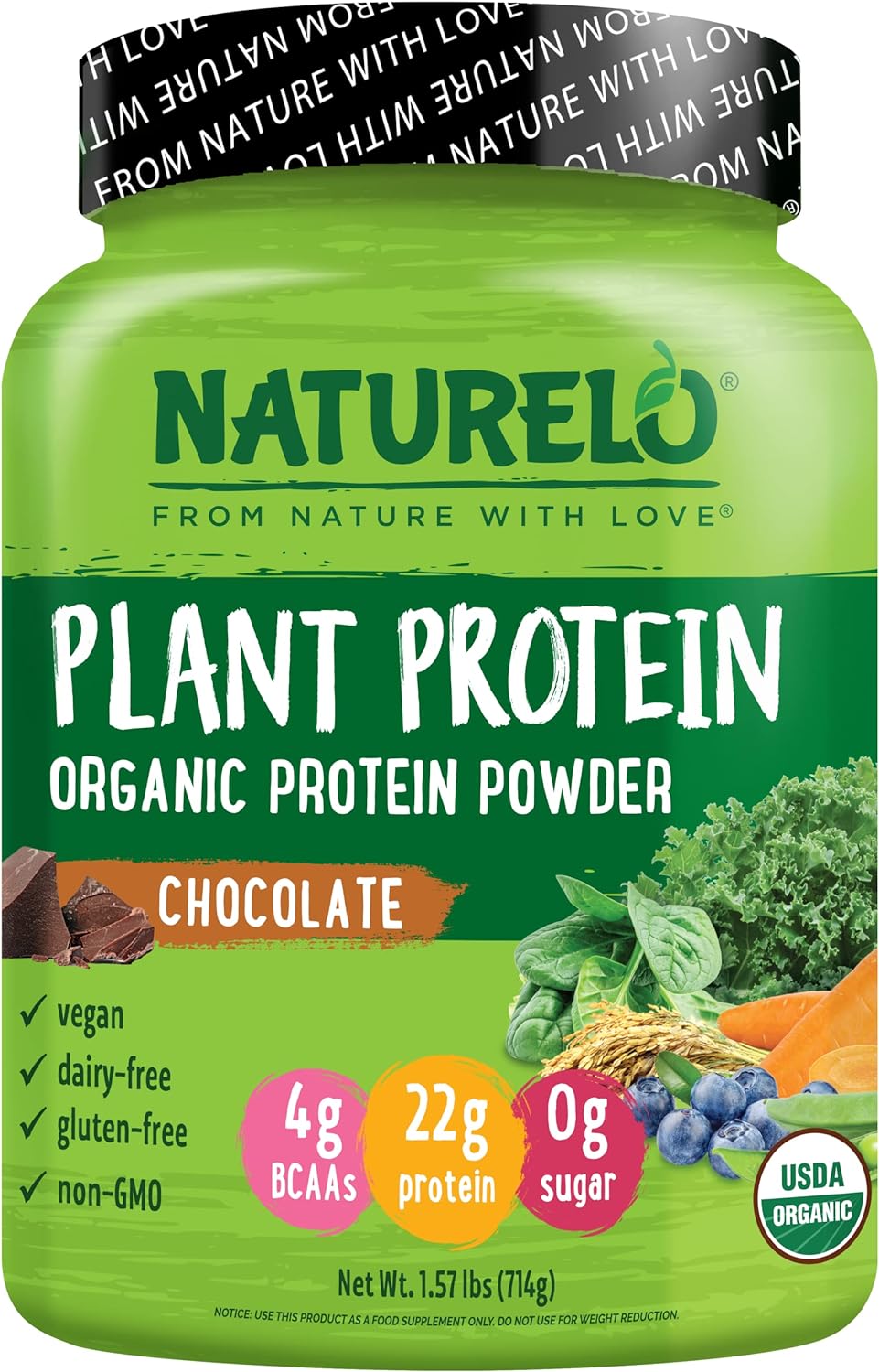Plant Protein Powder Reviews
Plant protein powder has become increasingly popular among those seeking a sustainable and health-conscious protein source. Derived from various plant-based ingredients, these protein powders offer a range of benefits that cater to diverse dietary needs. Here’s a closer look at the advantages of plant protein powder.
Diverse Protein Sources
Plant protein powders are made from a variety of sources, including peas, rice, hemp, and soy. This diversity ensures a well-rounded amino acid profile, providing essential nutrients necessary for muscle growth, repair, and overall health. Many plant-based protein powders combine multiple sources to create a complete protein profile.
Suitable for All Diets
Plant protein powder is ideal for those following vegan or vegetarian diets, as well as individuals with lactose intolerance or dairy allergies. It is naturally free from animal products and often free from common allergens, making it a versatile and inclusive option for anyone looking to increase their protein intake.
Supports Muscle Growth and Recovery
Just like animal-based proteins, plant protein powders provide the essential amino acids needed for muscle protein synthesis. Consuming plant protein powder after workouts can help repair and build muscle tissue, enhance recovery, and support overall athletic performance.
Promotes Digestive Health
Many plant protein powders are rich in fiber, which supports healthy digestion and regularity. Unlike some animal-based proteins that can cause digestive discomfort, plant protein powders are often easier to digest and gentler on the stomach. This can lead to better nutrient absorption and overall gut health.
Environmentally Friendly
Choosing plant protein powder supports environmentally sustainable practices. Plant-based proteins typically require fewer resources, such as water and land, and produce lower greenhouse gas emissions compared to animal-based proteins. By opting for plant protein powder, you contribute to a more sustainable and eco-friendly food system.
Rich in Nutrients
In addition to protein, plant protein powders often contain other beneficial nutrients, such as vitamins, minerals, antioxidants, and phytonutrients. These compounds support overall health and well-being, providing additional benefits beyond muscle growth and recovery. For example, hemp protein is rich in omega-3 fatty acids, while pea protein is high in iron.
Versatile and Delicious
Plant protein powders come in various flavors and can be easily incorporated into a wide range of recipes. Whether you prefer shakes, smoothies, or using protein powder in baking and cooking, plant protein offers versatility and delicious options to meet your dietary preferences.



